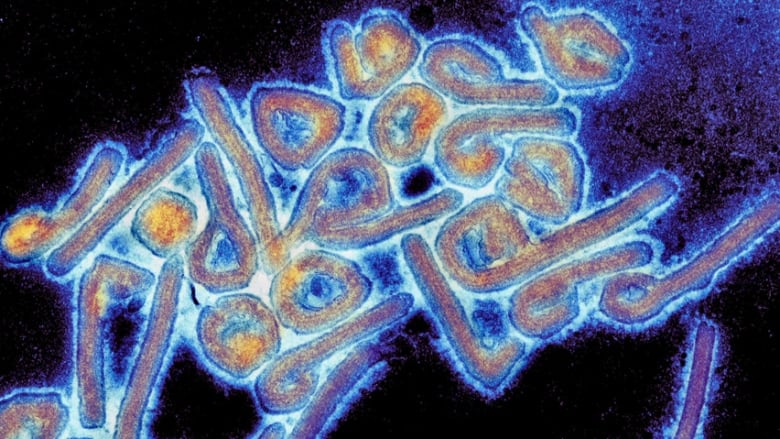Rwandan health authorities will begin a vaccine trial against Marburg haemorrhagic fever as the East African country tries to stop the spread of an outbreak that has killed 12 people.
Rwanda, which received 700 doses of a vaccine in trial from US headquarters Sabin Vaccine Institutewill offer it to healthcare workers and first responders, as well as to individuals who have been in contact with confirmed cases. There is no approved vaccine or treatment for Marburg.
The Rwandan government said on Monday there were 56 confirmed cases, 36 of which were isolated.
Marburg has a mortality rate of no less than 88 percent.
Marburg symptoms include high fever, severe headache and malaise within seven days of infection and later severe nausea, vomiting and diarrhea.
It is transmitted to humans by fruit bats and then spreads through contact with the bodily fluids of those infected.
Neighboring country Uganda has suffered several outbreaks in the past.
Rwandan Health Minister Sabin Nsanzimana said vaccinations started on Sunday.
“We believe that with vaccines we have a powerful tool to stop the spread of this virus,” Nsanzimana said at a press conference in the capital Kigali on Sunday.
Previous outbreaks under control without a vaccine
Dr. Isaac Bogoch, an infectious disease specialist at Toronto General Hospital, said Marburg is closely related to Ebola.
Rwanda has introduced very strict infection prevention and control measures to significantly reduce the risk of transmission, Bogoch said, and is informing people across the country what signs and symptoms to look for and when to seek help.

Last week Dr. Mike Ryan, executive director of health emergencies for the World Health Organization, told journalists that Marburg is exploiting situations where there are deficiencies in infection prevention control, including in advanced hospitals, on top of community transmission.
Standard public health tools such as contact tracing and early detection and care have stopped transmission and saved lives during previous Marburg outbreaks. The experimental vaccine is an additional tool, Ryan said.
“As terrible as these outbreaks are and as devastating as this infection is, it is still an opportunity to do good for this world by determining whether these products actually work,” Bogoch said of the trials of the Sabin’s experimental vaccine Institute and on two potential therapies.
According to the WHO, Marburg outbreaks and individual cases have been recorded in the past in Tanzania, Equatorial Guinea, Angola, Congo, Kenya, South Africa, Uganda and Ghana.
The virus was first identified in 1967 after it caused simultaneous outbreaks of disease in laboratories in Marburg, Germany and Belgrade, Serbia. Seven people died after being exposed to the virus during monkey research.
 DEKYAS NEWS World Breaking News and Trusted Source
DEKYAS NEWS World Breaking News and Trusted Source

